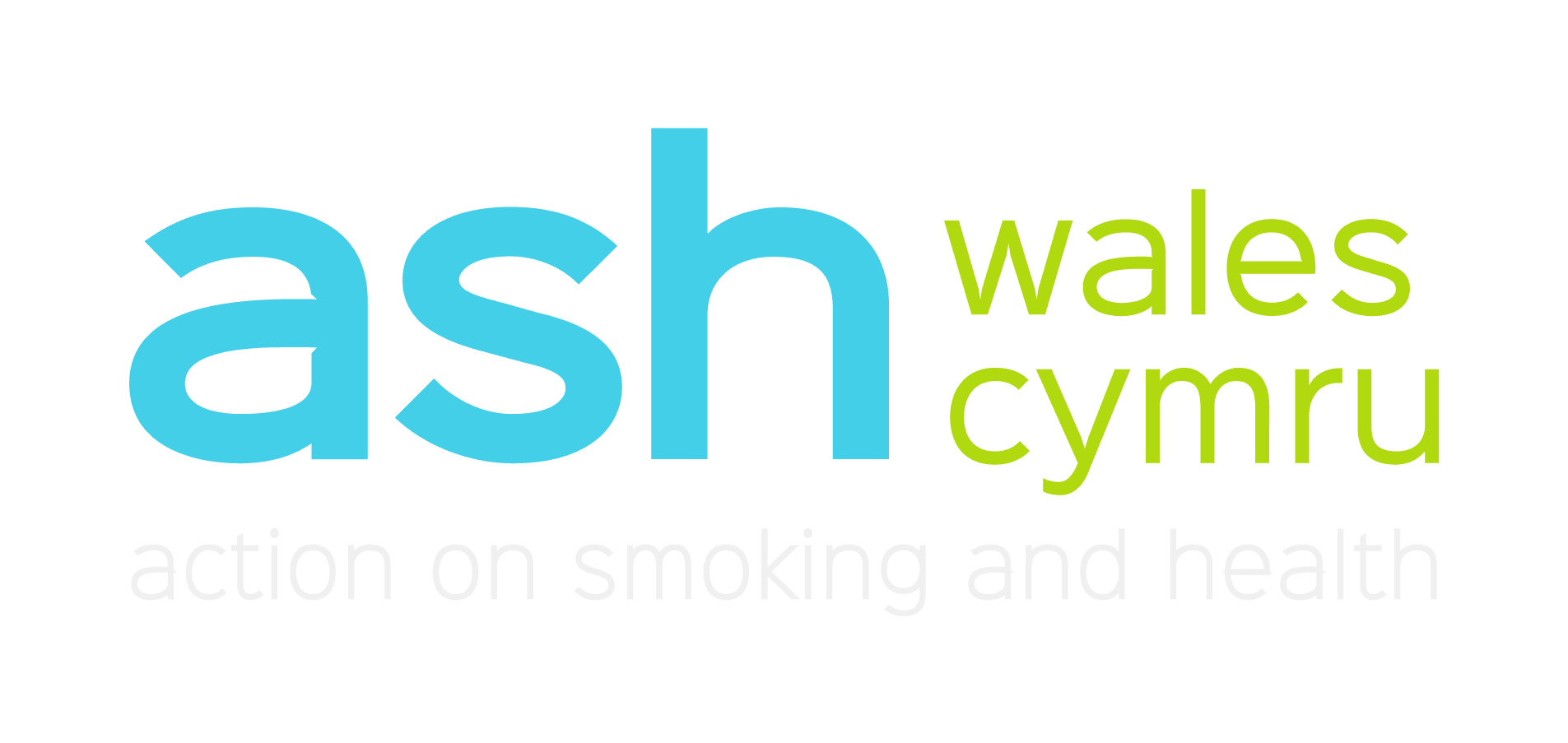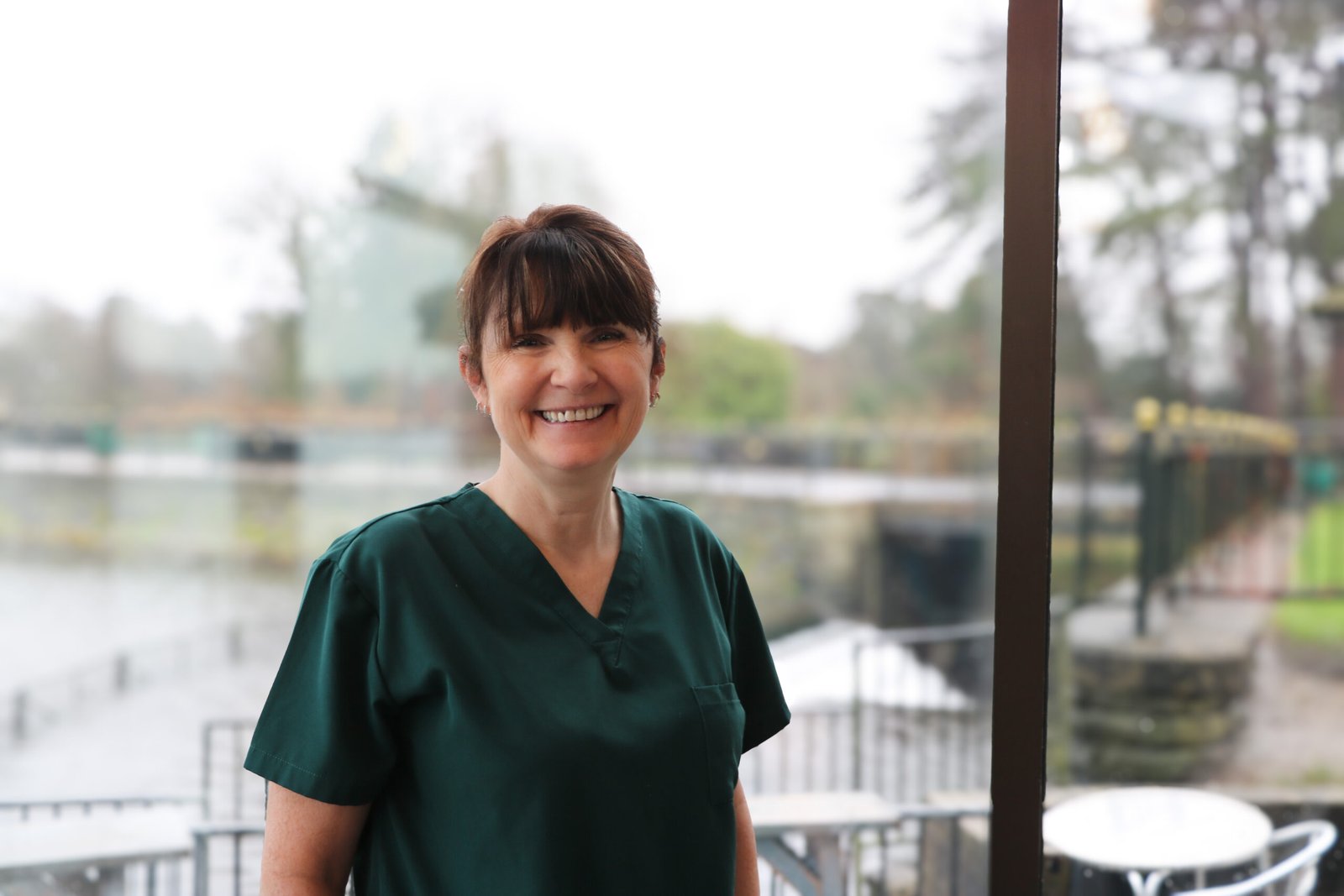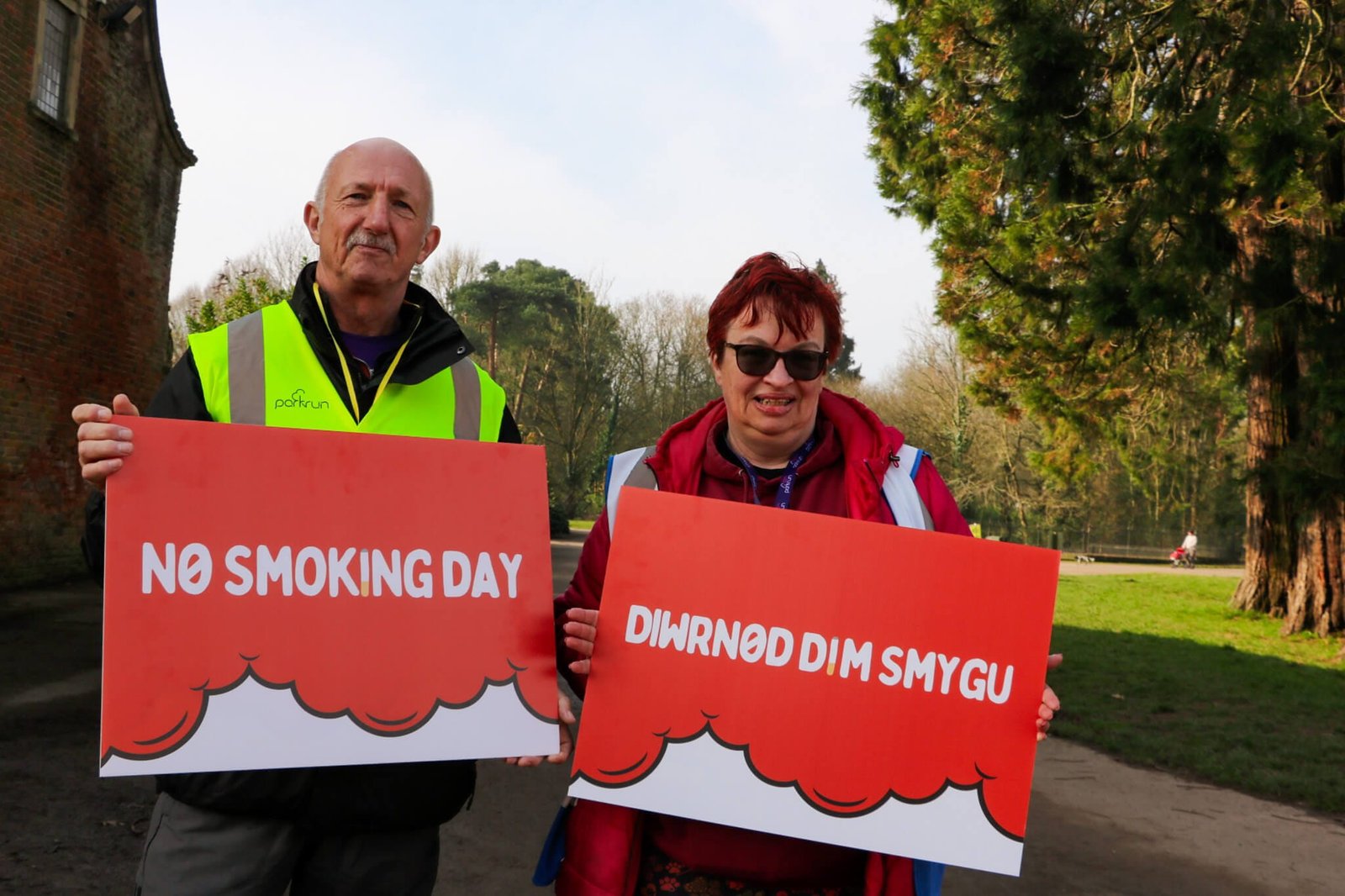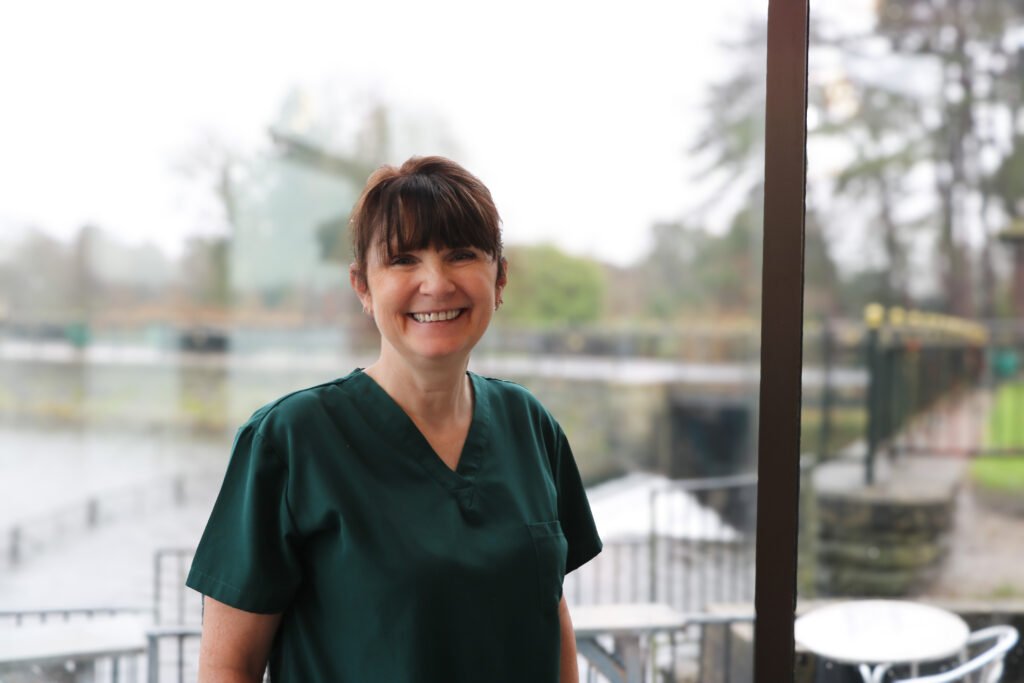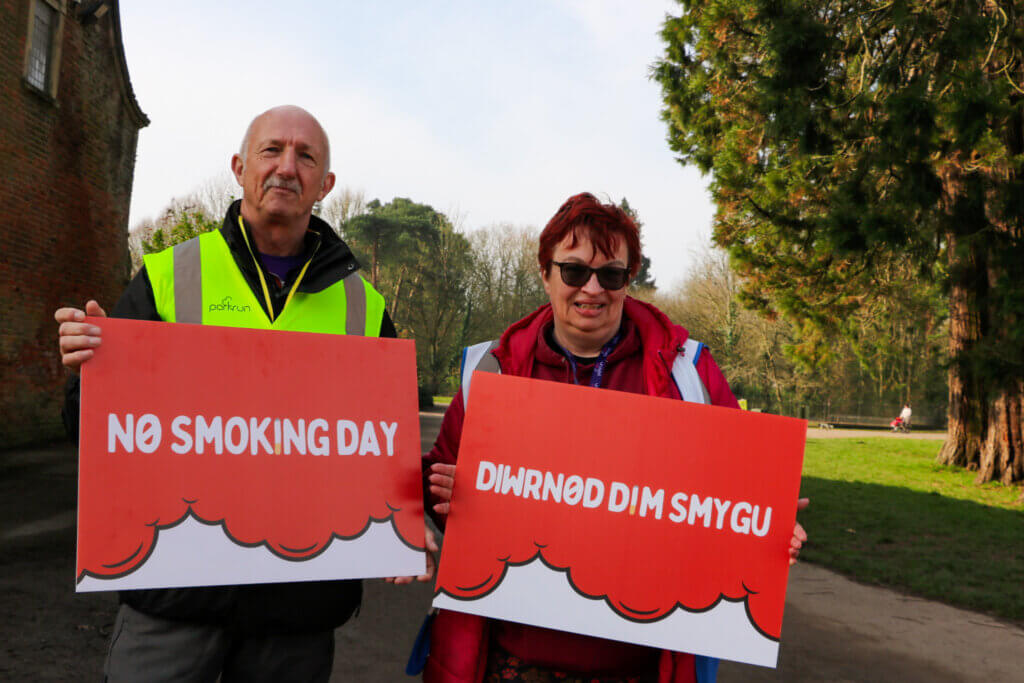 Leading health experts will meet today to discuss how to tackle youth smoking prevalence in Wales.
Leading health experts will meet today to discuss how to tackle youth smoking prevalence in Wales.
Around 6,000 children take up smoking every year in Wales and 9% of 15 to 16-year-olds smoke weekly – a figure that has not fallen since 2013.
At today’s Wales Tobacco and Health Network (WTHN) event ASH Wales will call for urgent action to tackle the problem and to prevent today’s children from become the next generation of adult smokers, with its latest research showing that 81% of adult smokers in Wales first took up the habit aged 18 or under.
It has gathered a panel of child health experts to find ways to tackle the issue, chaired by Baroness Finley, Chair of the Commission on Alcohol Harm, who was responsible for bringing the first private members’ bill that led to smoking being banned in public places in Wales in 2007.
The panel will explore a range of solutions including raising the age of sale from 18 to 21, a national education programme to teach children about the impact of smoking, tailored stop smoking programmes for further education colleges and pupil referral units and a crackdown on the illegal sale of tobacco to under 18s.
It will also call for the full implementation of the Public Health Wales Act (2017) which would make it illegal to hand over tobacco products to under 18s and would lead to the setting up of a tobacco retail register in Wales.
 Youth smoking prevalence is highest in the most deprived areas of Wales and plays a key role in causing the stark health inequalities that exist across the country. According to the latest SHRN (School Health Research Network) survey of 103,971 students in Wales, children from more deprived backgrounds were twice as likely to smoke as those from affluent homes and were 12% more likely to have tried their first cigarette before the age of 13.
Youth smoking prevalence is highest in the most deprived areas of Wales and plays a key role in causing the stark health inequalities that exist across the country. According to the latest SHRN (School Health Research Network) survey of 103,971 students in Wales, children from more deprived backgrounds were twice as likely to smoke as those from affluent homes and were 12% more likely to have tried their first cigarette before the age of 13.
WTHN panel member Professor Graham Moore is Deputy Director of Health Public Policy, DECIPHer (Cardiff University) and has carried out extensive research into health inequalities in childhood and adolescence. His team has led the SHRN survey for five years.
He described the role smoking plays in health inequalities among children and young people and why it’s so important to tackle youth smoking prevalence.
“DECIPHer have studied young people’s exposure to tobacco smoke, and smoking rates, in various surveys in Wales since smoke free legislation in 2007. We’ve seen great steps forward in that time in reducing children’s exposure to other people’s smoke, while youth smoking rates are now at an all-time low.
“However, the past few years have seen a plateauing in the long term decline in young people’s smoking rates. Young people from poorer families remain more likely to grow up in environments where tobacco is bought, sold and used, and to take up smoking themselves. Further action is needed to reach those young people who continue to take up smoking.”
Andrew Cooksley MBE is part of the WTHN panel and is founder and CEO of ACT, Wales’ largest provider of training and apprenticeships. A survey of ACT learners found that 43% of them smoke, prompting the organisation to put a greater focus on educating young people about health and wellbeing.
Mr Cooksley said: “Three years ago, I taught a class of 14 learners for the day. Every single one of them went off for a smoke during their break. They came back with chocolate and crisps that turned out to be their breakfast. This was a real wake up call for me about the lives they lead and the impact this will have on their health.
“Last year ACT carried out a survey of its learners which revealed that 43% of them are smokers. As a result, we have put lessons about personal growth and wellbeing at the heart of the training we deliver.
“I believe that health and welling should be the backbone of every young person’s education in Wales. It should not just be a side issue that is dealt with as a tick box exercise in one or two sessions.
If nothing is done to support these young people to change their behaviour and tackle this addiction, they will grow up to be unhappy, unhealthy and expensive adults.
“We cannot afford to ignore this problem and to turn a blind eye to the high number of young people in Wales, particularly from deprived backgrounds, who are already addicted to tobacco. There is an opportunity to reach young people before it’s too late and it’s crucially important that we find a way to do this through education.”
The WTHN panel will also include Dr Britt Hallingburg, Lecturer in Health & Wellbeing Psychology at Cardiff Met.
It will be chaired by Baroness Finlay, a doctor and professor of palliative medicine. Baroness Finlay is an Independent Crossbench Member of the House of Lords. She was responsible for bringing the first private members’ bill that eventually led to smoking being banned in public places in Wales in 2007.
